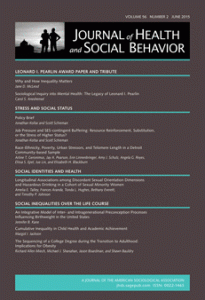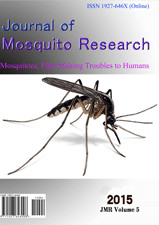A top official and law researcher at a university in India is facing dismissal after being charged with plagiarizing approximately three-quarters of one of her papers, among other allegations.
Chandra Krishnamurthy, the Vice Chancellor at Pondicherry University, has been “placed under ‘compulsory wait’ by the Union human resource ministry following several charges against her,” according to The Times of India.
A nine-month long investigation by the International Journal of Legal Information confirmed that the majority of one paper on Krishnamurthy’s CV, “Legal Education and Legal Profession in India,” was largely plagiarized.
Here’s the retraction note:
Continue reading Top official at Indian university plagiarized most of paper
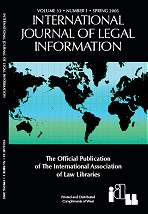

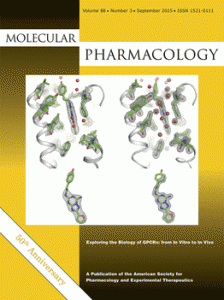
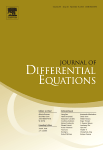 After we reported on
After we reported on 

